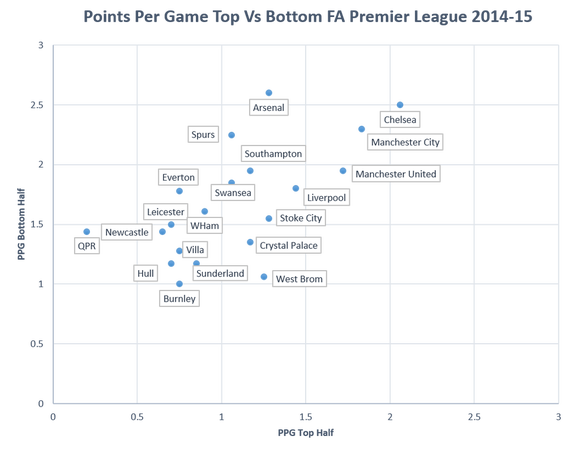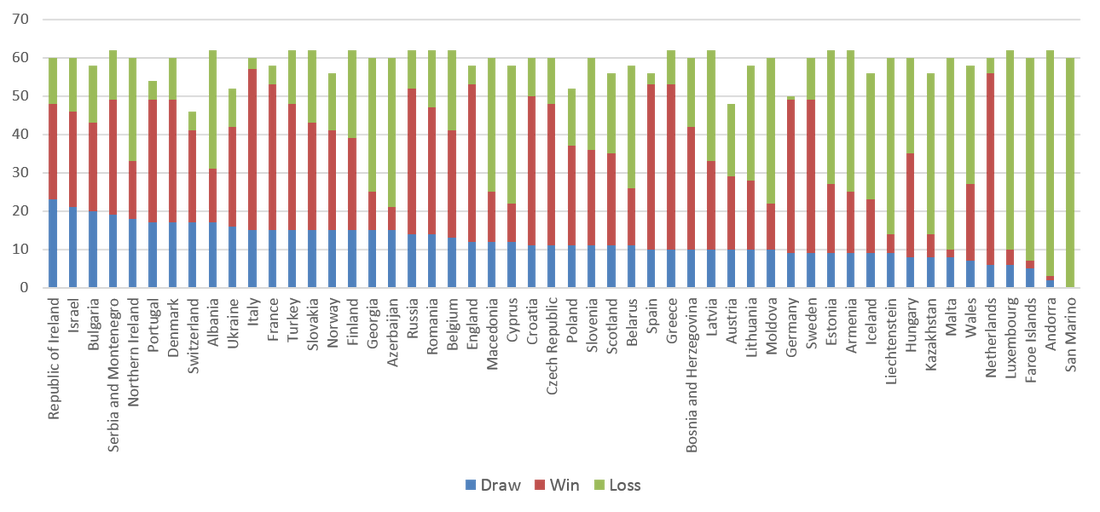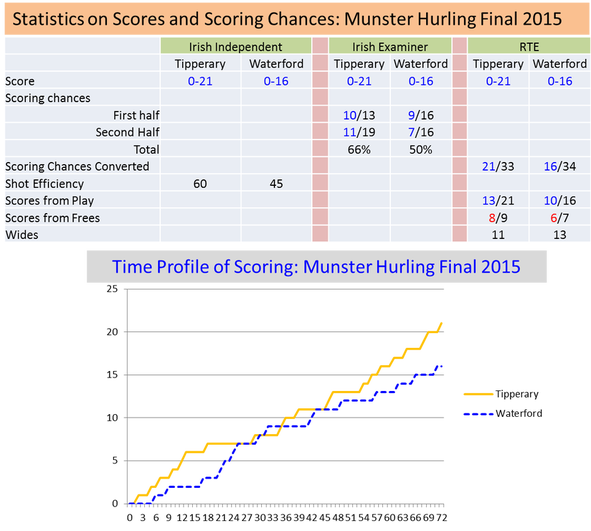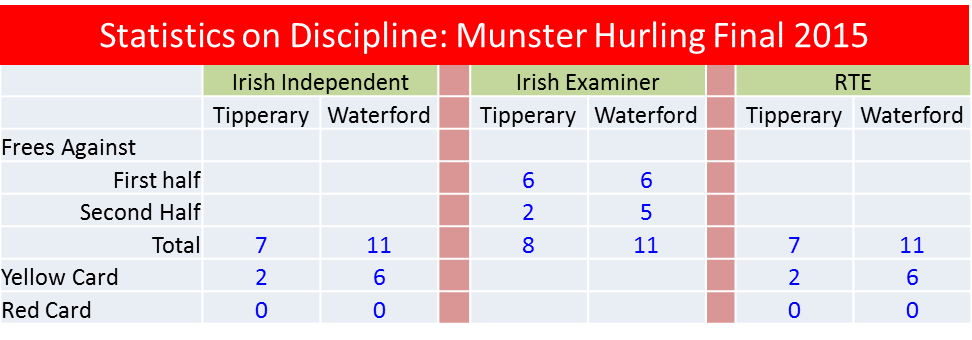When the Premier League announced the latest TV deal totalling more than £5 billion earlier this year Richard Scudamore claimed the product offered is so attractive because it’s unscripted drama and that anything can happen at the top or bottom of the table. Though there seems to be little change in the top four or five clubs from season to season fans do get treated to occasional shock results.
The graph below demonstrates that last season the Premier League was subject of a “Peloton” effect where Chelsea were the breakaway leaders with a few followers off the pace behind them and then a cluster of about 13 clubs lagging down the road.
It seems the key to survival in the top flight last season was to win the six pointers and steal points from teams positioned close by. The approach for weaker sides to field weakened teams against the top four would facilitate this
Hull were unlucky to get relegated as they did better than Newcastle against stronger opposition. Sunderland survived the drop last season by a similar means however there were no Brucie Bonuses this season for Hull.
One surprise is Arsenal who only managed to pick up about the same amount of points to as Stoke versus the top 10 clubs. It’s important to note that teams who finish in the top 10 can only play 18 games as opposed to 20 and vice versa for the bottom 10 clubs.
One trend that occurs season after season is the group of teams caught in a relegation fight. About five teams each season find themselves within a couple of points either side of 17th, 18th and 19th places. This largely results in a round robin style fight between these teams meaning that the matches played between them are worth more than matches played against mid-table clubs.







 RSS Feed
RSS Feed